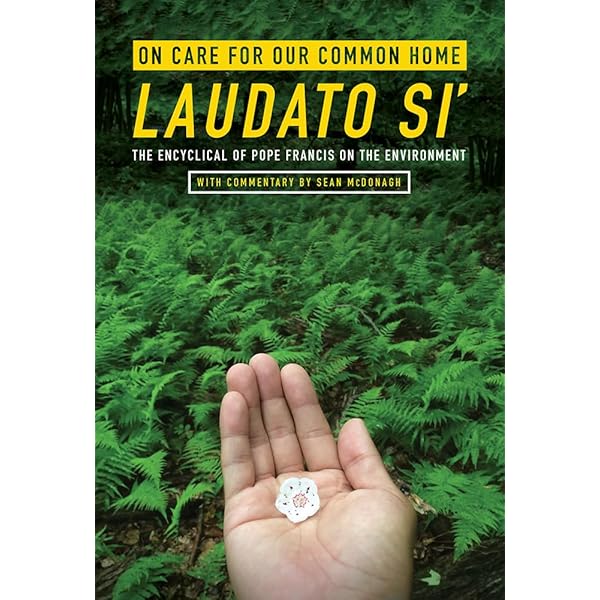The title of this book is alluring. Halik offers his reader a masterful analysis of the challenges that face the Christian faith. His argument is that our present crisis is a crossroad. One road ( and perhaps the one we journey on in this country ) is leading to division and irrelevance. At the present moment there is a widespread failure of confidence in ministerial and episcopal leadership especially over safeguarding. At a local level we see deep anxiety about the survival of sustainable Christian presence. Our Church buildings are both a blessing and burden. We seem to have lost touch with the local and this is characterised by a gradual decline in those looking to the Church to mark and celebrate births, marriages and deaths.
There is a deeper question : Do we communicate the nature of faith in ways that are coherent, relevant and imaginative ? In the world of social media much of our discourse is characterised by division and conflict. Younger generations are incredulous about the inconsistencies in belief in and commitment to inclusion and diversity. Our arguments seem hard edged and incomprehensible. Loud and threatening voices compete for assent to competing patterns of worship and ways of reading the Bible for theological truth. We fail to listen to the experiences of especially younger people. Arrogance, shallowness and functionalism shape our theology.
Tomáš Halík is a Czech priest, philosopher, and theologian.. He explores Christianity between academy and the Catholic Church. It is a world that is shaped by secularisation and globalisation. This is the focus of the book. He addresses. and names, what shapes our communities and cultures within which we live and struggle. He takes his reader into a historical analysis of the many ways that Christians are living in the ‘afternoon of faith’ shattered by these powerful forces.
His book digs deeply into the Bible and the Christian tradition alongside philosophy and psychology. Halik holds our hope for a deeper, more credible, and mature form of Christian witness. He calls this an afternoon epoch of Christianity.
He argues that the vibrancy of the Church depends on a reconnection with the deep spiritual and existential dimension of faith. We must, he shows us, move beyond this indulgent preoccupation which leads to isolation and self-centeredness. This was captured in his Encyclical Letter LAUDATO SI’ on the Care for our Common Home ( 2015).
Halik offers is a vision of the renewal of faith can lead us to a culture of communication, respect and celebration of diversity. Indifference fuelled by our inability to communicate the life giving possibilities of faith are part of the desire of Halik to awaken and mobilise believers.
Key in all this is a deep belief in an understanding of all human beings as essentially spiritual beings who are hungry for meaning, relationship, undefended conversations, mystery and silence. This may mean that some of the ways organised religion seeks to defend its territory must go. Pope Francis referred this as epochal change. This will require us to have the courage to change and to let some of the elements of institutional religion to shift and even die. We can never underestimate the many ways people engage their essential spiritual selves with divine mystery,
,This is radical stuff. It is also hopeful in its tone. Halík hopes that faith can still be religious — but it is religion that must be more spiritually experienced than theologically dogmatic: “the Church is founded upon a rock, but it must not be petrified.”
The question for us is whether we have the courage to change and to let go of much of the distraction that needs to be put into a wider frame for the future nurture of contemplation and social action inspired by a faith that can move with focus and passion.
For Sarum College I think the question of where theology fits into this picture is fundamental to its survival. Why should we seek to know and be open to being formed within theological traditions ? What difference can theology make for our search for truth ? Can theology change life for good? Do we need to think differently about how we invite explorers into the adventure of theological learning. Does our formation create compelling story tellers that can communicate what theology might mean for living and loving ?
This book is worth reading and pondering. Halik proves himself a wise narrator and conversationalist. He invites this reader to consider change and the courage needed for such change.




This sounds an important book, James. I don’t read much so-called ‘theology’ these days preferring music and poetry, but keep a weather eye out for anything important. My conversations with Iain McGilchrist and interest in the Eastern Fathers fuel my hope. Just finished Unpeeling Bach – now available on Amazon etc – and starting on the large scale work on language and ways of thinking. Perhaps I might have a conversation when I get down Sarum-wards next ?
David